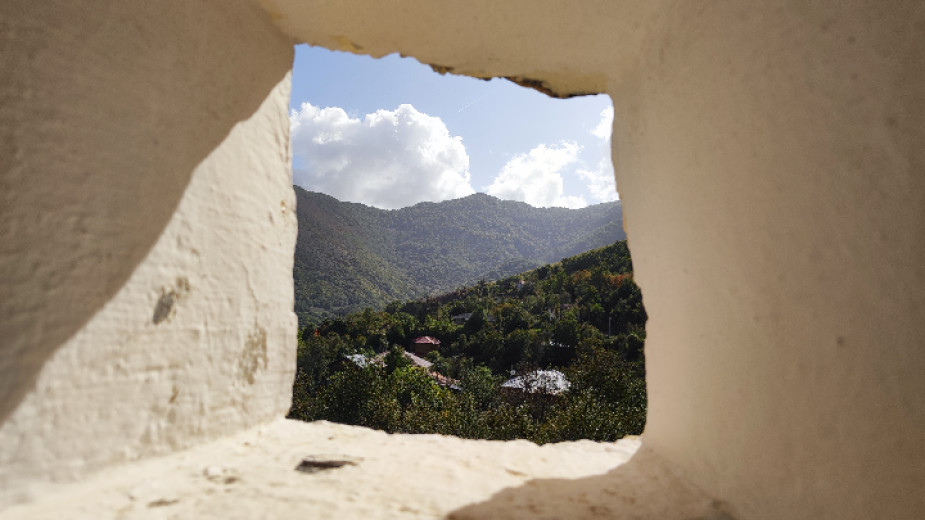 8
8
Old statistics and records show that at the end of the 19th century and the beginning of the 20th century, the majority of the inhabitants of the historical and geographical area of Golo Brdo were of Bulgarian origin. After the Balkan War (1912 - 1913), it fell within the borders of Albania, which gained its independence from the Ottoman Empire. To this day, most of the children in the area are of Bulgarian origin. Bulgarian is spoken in 80% of the villages in Golo Brdo, and Golemo Ostreni (Ostreni i Madh in Albanian) is the largest, with about 300 households. There is no Bulgarian school in the village. However, the inhabitants of Golo Brdo communicate with each other in Bulgarian.
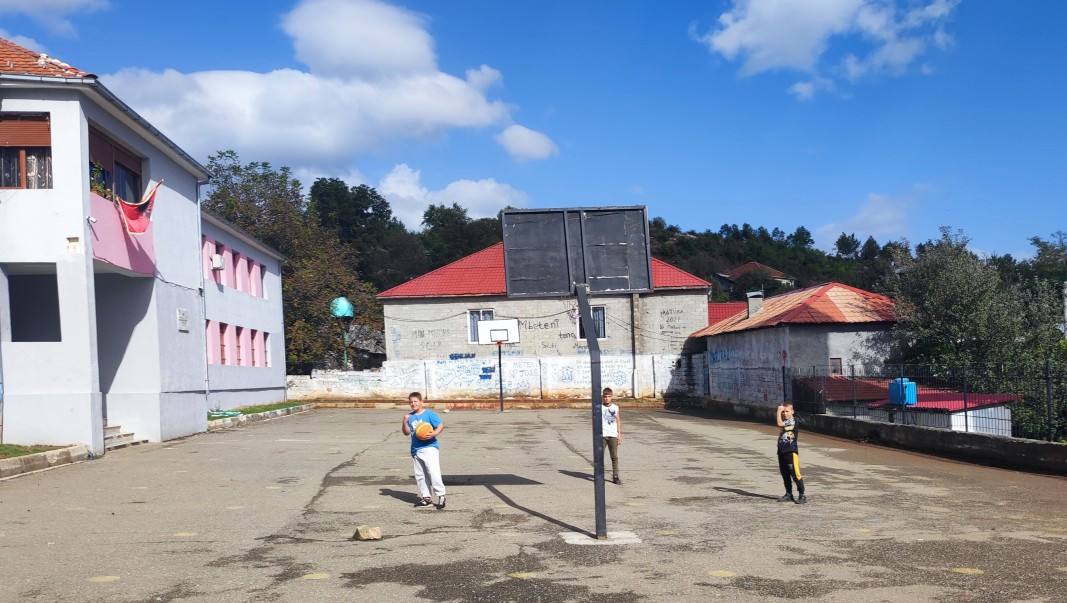
This school year, 262 children from Golemo Ostreni and other villages in the area are studying at the Elez Koçi Secondary School. Çlirim Muça, 53 years old, father of 4 boys, is the headmaster of the school. At the beginning of our visit, he expressed his gratitude to Bulgaria for equipping the computer classroom four years ago and for the attention the children receive from our diplomatic mission in Tirana.
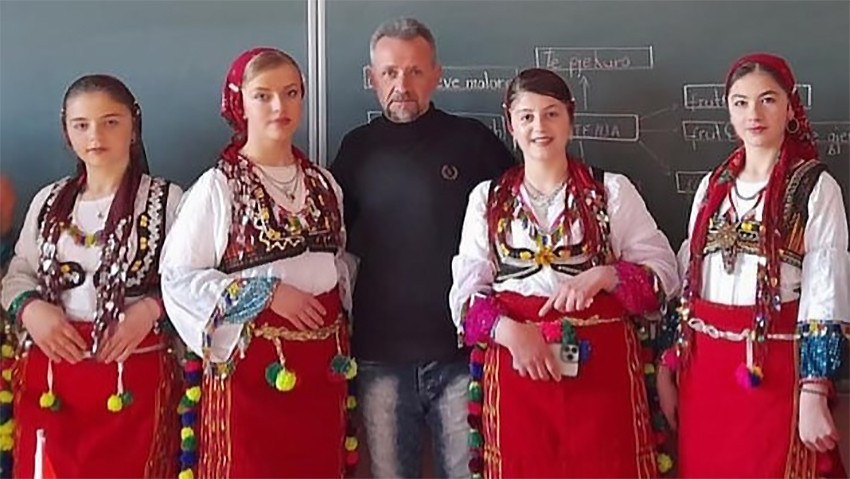
He told us about the school, about the people of Golo Bardo, about the migrant workers and the increasing emigration in recent years, about the road that needs to be repaired to connect people, about the Balkans and the untapped opportunities for its inhabitants.
"All the children here speak Bulgarian, they learn Albanian at school. My paternal grandmother, who lived to be 93, only knew three words in Albanian - 'hello', 'stay healthy' and 'thank you'.
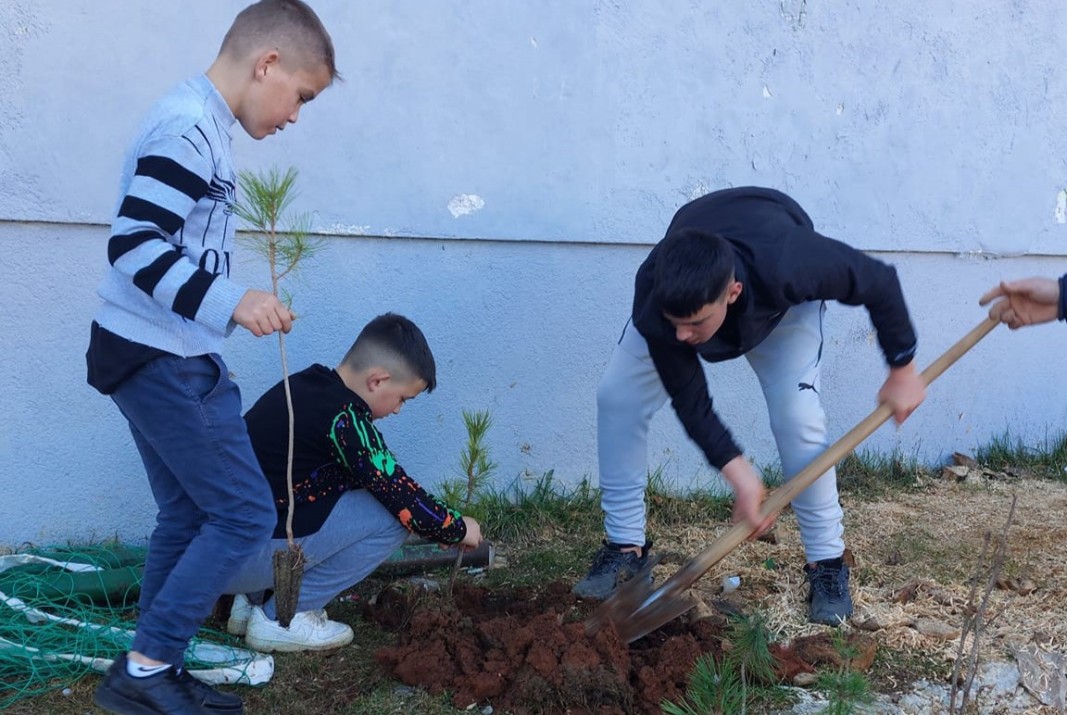
Çlirim Muça remembers how, before the democratic changes in Albania, during the regime of Enver Hoxha, the people of Golo Brdo helped build roads, factories and apartment blocks. They were known as some of the best builders in Albania. And today - many of them work abroad.
The headmaster of the school in Golemo Ostreni admits that it is only in the last ten years that local people have become more interested in Bulgaria. This is linked to the possibility of obtaining Bulgarian citizenship and a European identity card. But he believes that this philosophy is wrong.

"I think that life is not only one passport. Life is about identity and integration. As Bulgaria is part of a united Europe, we have a lot to learn from Bulgaria. We must fight for integration and identity. I am 53 years old. I have a brother who lives in Lugano, Switzerland. In addition to French, his family speaks Albanian and Bulgarian," says Çlirim Muça.
In recent years, Albania has also seen an increase in emigration - to the big cities and to more economically developed countries in Western Europe. For the people of Golo Brdo, the lack of jobs and poor infrastructure are to blame, he says.
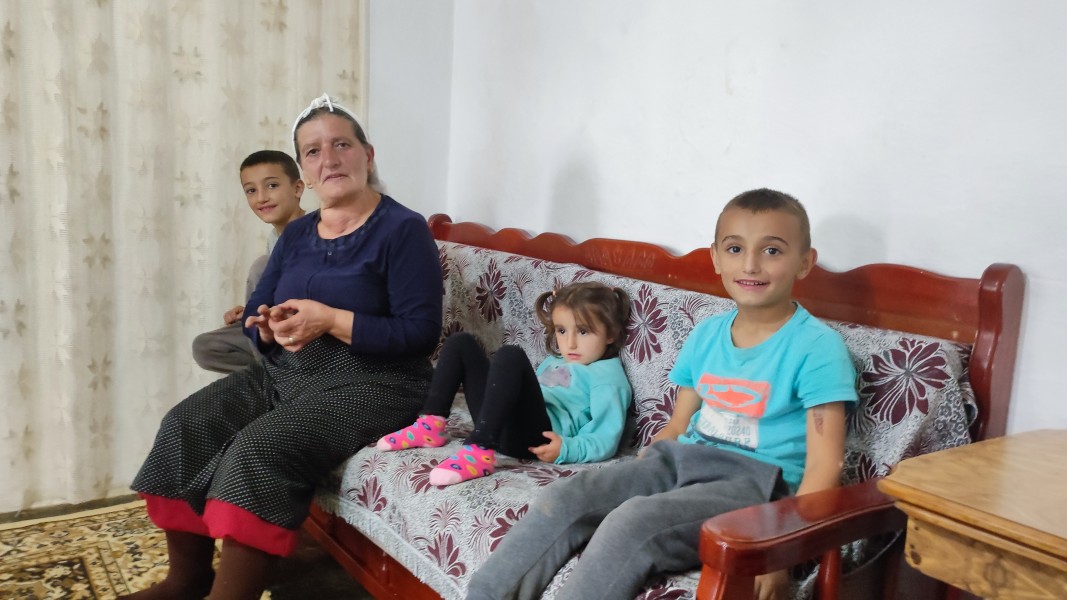
"You have seen with your own eyes how bad the road is to get here. With proper roads and infrastructure, there'd be no need for people to migrate. The roads to Tirana, Skopje, Thessaloniki and Bulgaria are all close by. And since you're from the Balkans, that means you're one of us! We are the ones who should fight side by side like brothers for the development of our region. And I believe that the people of the Balkans are a pearl that no one can replace. We have been blessed with so much, and it's time to roll up our sleeves and get to work. And be sensible. Let us start with the children. The seed must be sown in them so that the beautiful flower of peace and understanding can grow".
Çlirim Muça, who has lived in Golo Brdo for a long time and got to know the different nationalities, tells us that it is pointless to divide people into Bulgarians, Albanians, Greeks or Macedonians.
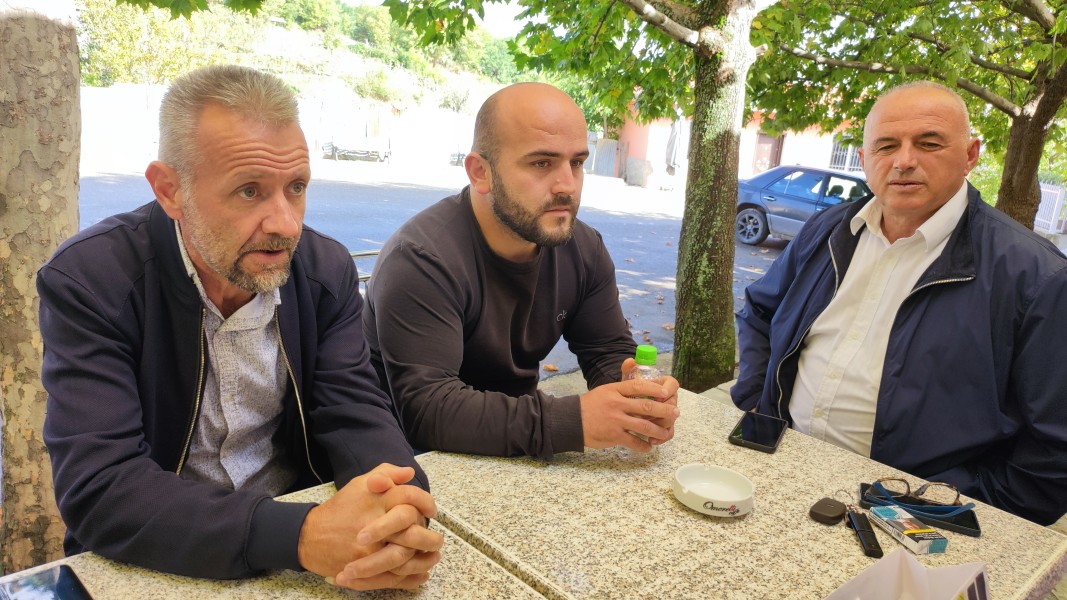
The biological clock is ticking fast, and we don't have endless time for debates. In this century, every human being has to be integrated, emancipated and educated enough to find his or her own way in life.
Life is not a path that you can just walk along as you please, it is a struggle. We in the Balkans need to shed light on our times - stand in solidarity and support everyone here, including Serbs, Kosovars, Albanians, Bulgarians, Macedonians, Bosnians, Montenegrins, Croats, Slovenes and Greeks.

We are all the same people. We stand under the same umbrella - we tolerate the heat and the frost, we look at the moon and the sun. The most important thing now is to see what we can do for the children growing up in this village, in this region. We must try to keep them, to prevent them from leaving. That's what I think. Whether I'm right, I don't know. I could be wrong..."
Further readings:
Perperikon - the ancient Thracian city near Kardzhali, made it to the top 10 of the world's must-see sites, according to a ranking by the Guardian newspaper. The site is listed alongside Neolithic structures in Spain and France, ancient Roman baths..
This year, the traditional Christmas trip with the Rhodope Narrow Gauge Railway will take place on December 22, Kristian Vaklinov, founder and chairman of the Rhodope Narrow-Gauge Railway Association, told the BNR-Blagoevgrad. Santa Claus and Snow..
The zoo in Stara Zagora has new residents – three female collared peccaries and a male tufted capuchin named Lucho. The animals arrived from the Sofia Zoo under a breeding loan agreement.The practice of zoos exchanging animals for breeding purposes..
The village of Zmeyovo near the town of Stara Zagora is celebrating today, December 21, its traditional Festival of Pelin Wine. According to an..
Each piece evokes warmth and nostalgia because each is handmade and unique. The silvery reflections on the glass baubles take us back to childhood, when..
The making of knitted products is a traditional craft that deserves a revival and a new life, believes Alexandrina Pandurska, known for her numerous..

+359 2 9336 661
